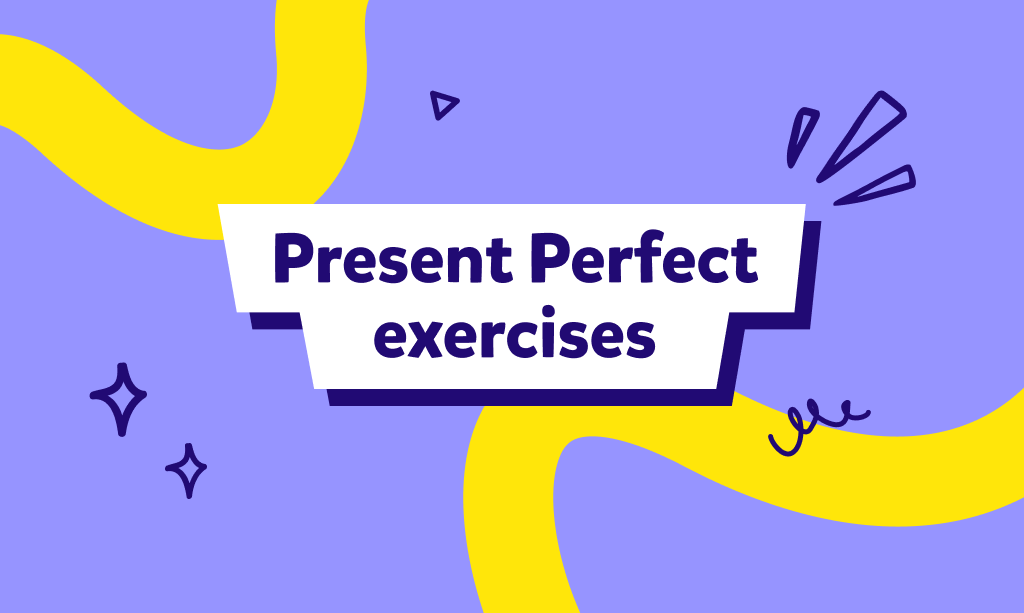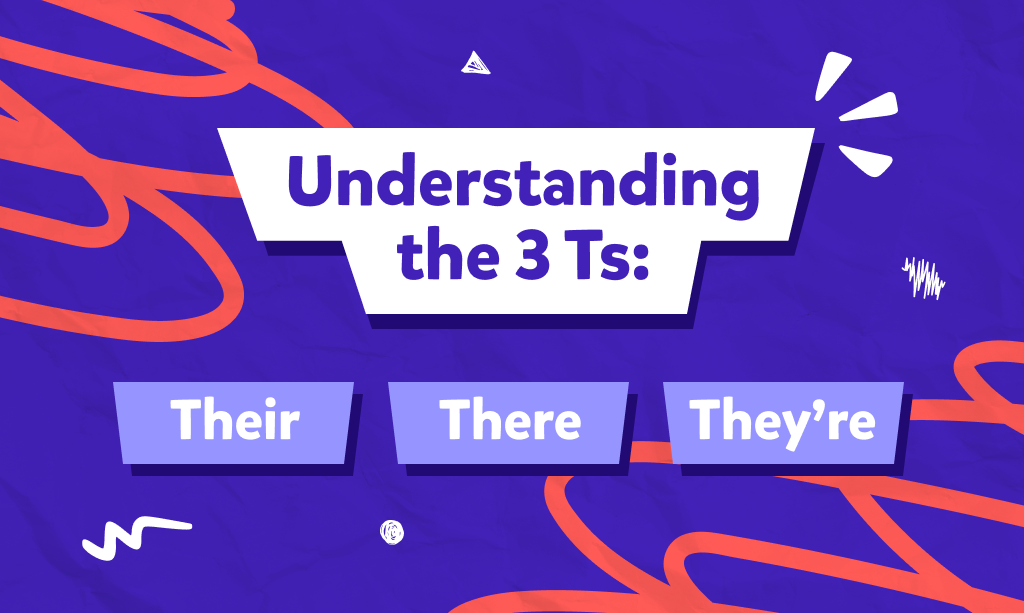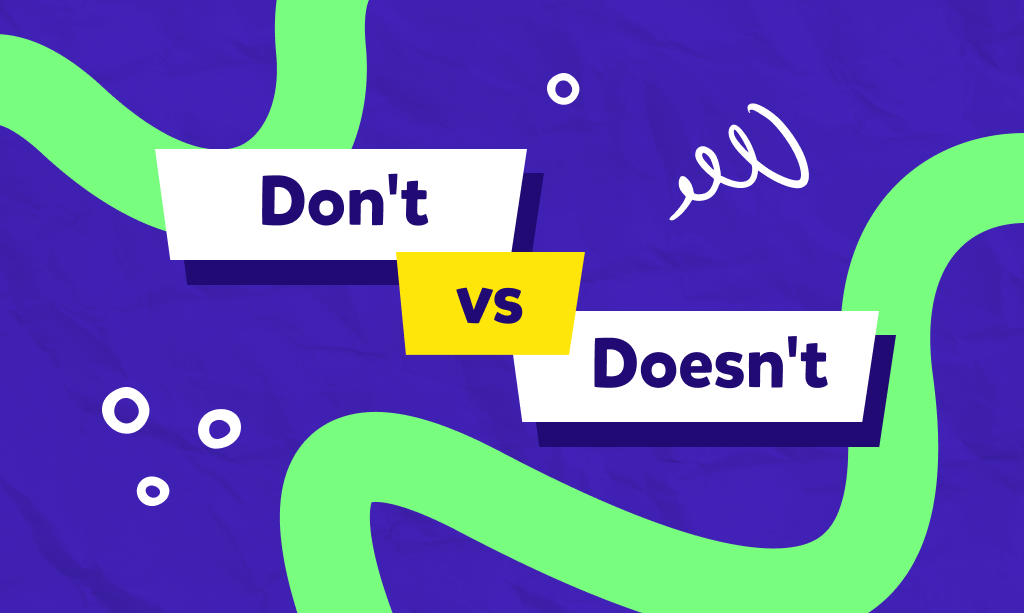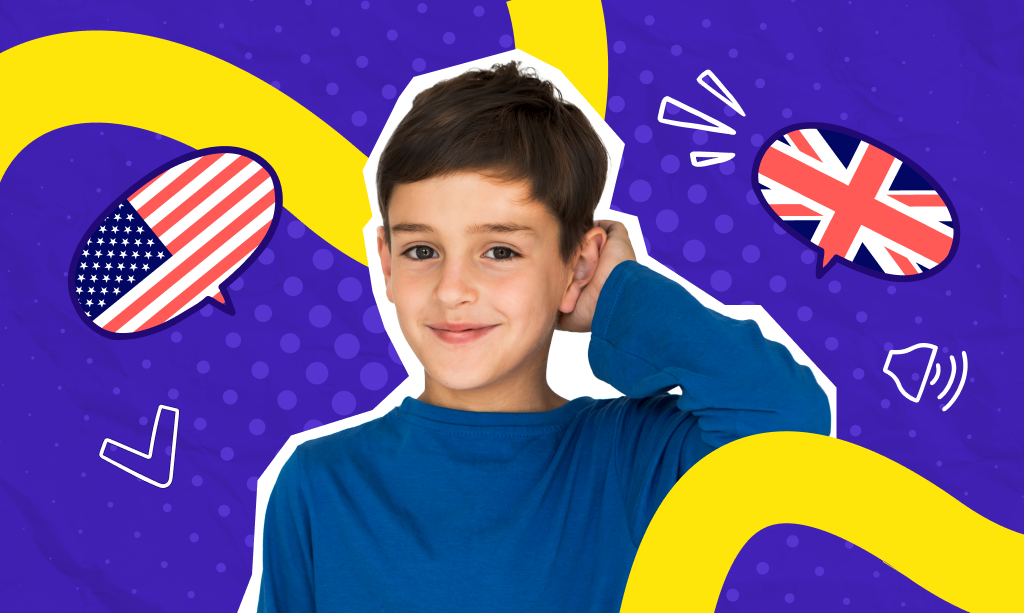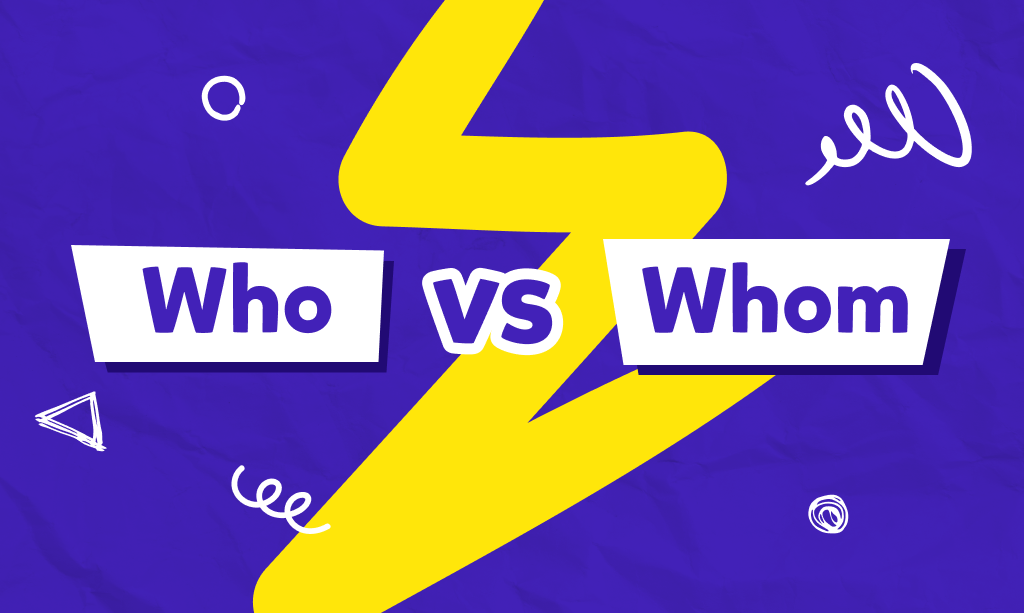- Present Perfect praktyczne zadania do rozwiązywania
- Ćwiczenia "fill the gap"
- Ćwiczenia "wybierz poprawną odpowiedź"
- Ćwiczenia i testy z dialogami
Present Perfect (czas teraźniejszy dokonany) to gramatyczny czas w języku angielskim, który pozwala nam opisywać czynności zakończone w przeszłości, które mają wpływ na teraźniejszość. Używamy go również, gdy chcemy podkreślić doświadczenia, osiągnięcia lub zmiany, które miały miejsce od jakiegoś momentu do teraz.
Poniżej znajdziesz zestaw ćwiczeń z czasu Present Perfect, który pomoże Ci utrwalić zastosowania tego czasu w różnych kontekstach oraz sprawdzić swoją wiedzę! Zaczynamy?
Present Perfect praktyczne zadania do rozwiązywania
Poniżej przygotowaliśmy trzy rodzaje ćwiczeń, które pomogą Ci lepiej zrozumieć i utrwalić czas Present Perfect. Znajdziesz tu zadania typu „wypełnij lukę”, testy wyboru oraz ćwiczenia polegające na tworzeniu zdań na podstawie podanych informacji. Te zadania pozwolą Ci usystematyzować wiedzę i sprawdzić, jak dobrze radzisz sobie z używaniem Present Perfect w różnych kontekstach.
Ćwiczenia "fill the gap"
Poniżej znajduje się ćwiczenia, które pomogą Ci utrwalić poszczególne zastosowania czasu Present Perfect. Uzupełnij zdania, wstawiając odpowiednią formę czasownika.
- Doświadczenia życiowe
I _______ to Italy three times. (have) 
have been
She _______ never tried sushi before. (have) 
has
They _______ already seen that movie. (have) 
have
He _______ visited the Eiffel Tower. (have) 
has
We _______ never been to a concert.(have) 
have
You _______ finished your homework yet? (have) 
have
I _______ learned how to play the guitar. (have) 
have
She _______ taken part in a marathon. (have) 
has
They _______ met the president before. (have) 
have
He _______ traveled to Asia for work. (have) 
has
- Wyrażanie zmian
My city _______ significantly over the past few years.(develop) 
has developed
She _______ her mind about moving abroad. (change) 
has changed
They _______ their attitude towards the environment. (improve) 
have improved
He _______ his eating habits since he started exercising. (adjust) 
has adjusted
We _______ our approach to marketing in the last year. (refine) 
have refined
You _______ a lot since we last met. (grow) 
have grown
The company _______ its policies for better employee satisfaction. (change) 
has changed
I _______ my perspective on life in the last few months. (shift) 
have shifted
They _______ their services in the last year to attract more clients. (expand) 
have expanded
The technology _______ rapidly over the last decade.(advance) 
has advanced
- Akcje zakończone w przeszłości, ale mające wpływ na teraźniejszość
I _______ my keys. Now I can't get into my house. (lost) 
have lost
She _______ her homework, so she is ready for the class. (complet) 
has completed
They _______ the report, and now we can discuss it. (finish) 
have finished
He _______ his bike, so he needs to walk to school today. (break) 
has broken
We _______ our tickets for the concert, and now we are excited to go. (buy) 
have bought
You _______ the information I asked for, which helps me a lot. (send) 
have sent
I _______ the new software, and it's been very helpful. (instal) 
have installed
She _______ her phone, so now she can make calls again. (find) 
has found
They _______ their application, and now they are waiting for a response. (submit) 
have submitted
He _______ all his exams, which makes him feel relieved. (pass) 
has passed
- Zdania z „ever” i „never”
Have you ever ______ (see) a live performance? 
seen
She has ______ (never/try) Thai food before. 
never tried
They have ______ (never/visit) a foreign country. 
never visited
Have we ever ______ (meet) anyone from that city? 
met
He has ______ (never/experience) such a thrilling ride. 
never experienced
Have you ______ been to Paris? 
ever
She has ______ tried sushi before. 
never
They have ______ seen such a beautiful sunset. 
never
I have ______ visited the Eiffel Tower. 
never
Has he ______ run a marathon? 
ever
Ćwiczenia "wybierz poprawną odpowiedź"
Poniżej znajdziesz kolejne ćwiczenia i testy interaktywne dla czasu Present Perfect. Pomogą Ci one utrwalić sobie zasady gramatyki i budowy zdań w tym czasie. Wybierz poprawną odpowiedź, aby uzupełnić zdania.
1. Wybierz odpowiednią formę czasownika
She _______ to the new restaurant in town. (go) 
has gone
They _______ their homework yet. (finish) 
haven’t finished
I _______ my keys. Have you seen them? (lose) 
have lost
We _______ that movie three times already. (see) 
have seen
He _______ his lunch, so he is hungry now. (forget) 
has forgotten
You _______ a lot of progress in your studies this semester. (make) 
have made
She _______ the report for the meeting.(prepare) 
has prepared
They _______ in this city for five years. (live) 
have lived
I _______ to that concert before. (go) 
have gone
We _______ the results of the experiment yet. (analyze) 
haven’t analyzed
2. Stwórz pytanie
___ (you/ever/see) that movie before? 
Have you ever seen
___ (she/finish) her homework yet? 
Has she finished
___ (they/visit) Paris recently? 
Have they visited
___ (he/try) the new dish at the restaurant? 
Has he tried
___ (we/complete) the project on time? 
Have we completed
___ (you/ever/read) that book? 
Have you ever read
___ (she/learn) to play the piano? 
Has she learned
___ (they/just/arrive)? 
Have they just arrived
___ (he/not/finish) his lunch yet? 
Has he not finished
___ (we/see) the results of the experiment? 
Have we seen
3. Wybierz odpowiednie wyrażenia czasu
I have lived here ______ five years. (for/ since) 
for
She has worked at the company ______ 2018. (for/ since) 
since
He has studied French ______ a long time. (for/ since) 
for
We have known each other ______ we were children. (for/ since) 
since
I have seen that movie ______ three times. (for/ since) 
for
She has been to that restaurant ______ it opened. (for/ since) 
since
They have lived in this city ______ ten years. (for/ since) 
for
He has played the guitar ______ he was a teenager. (for/ since) 
since
I have worked at this company ______ 2010. (for/ since) 
since
She has been studying English ______ two years. (for/ since) 
for
Ćwiczenia i testy z dialogami
Przeczytaj poniższe zdania w czasie Present Perfect i uzupełnij brakujące formy czasownika.
Dialogi do uzupełnienia:
1.
Osoba A: Have you ever ___ (be) to Paris?
Osoba B: Yes, I ___ (visit) it last summer.
2.
Osoba A: What ___ (happen) since we last spoke?
Osoba B: I ___ (get) a new job and ___ (move) to a different city.
3.
Osoba A: ___ (you/see) the new movie yet?
Osoba B: No, I ___ (not have) time to watch it.
4.
Osoba A: Why ___ (you/not/finish) your project?
Osoba B: I ___ (work) on it all week, but I still need more time.
5.
Osoba A: How many books ___ (you/read) this year?
Osoba B: I ___ (read) five so far.
Sprawdź odpowiedzi w załączonym kluczu.
Odpowiedzi 
- have you been | visited
- has happened | got | moved
- have you seen | have not had
- have you not finished | have been working
- have you read | have read
Aby zapamiętać wszystkie możliwe użycia czasu Present Perfect oraz jego gramatyczne reguły, trzeba dużo i regularnie ćwiczyć! Nauka angielskiego jest najbardziej efektywna, kiedy stale wykorzystujemy język w praktyce. Aby opanować ten i wiele innych, często używanych czasów, takich jak Present Continuous czy Present Simple, zapisz dziecko do szkoły językowej online Novakid. Uczymy angielskiej gramatyki w przyjaznej atmosferze na wielu poziomach zaawansowania. Zapraszamy na bezpłatną lekcję próbną angielskiego online i sprawdź, jak wyglądają nasze zajęcia.
Masz jakieś pytania? Skontaktuj się z nami lub dowiedz się więcej z sekcji FAQ.

































